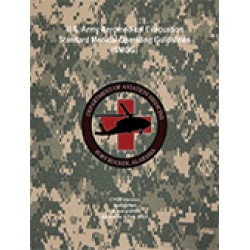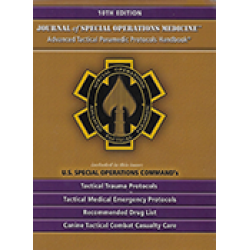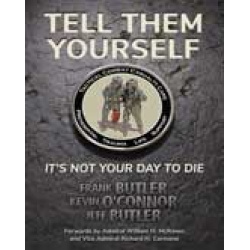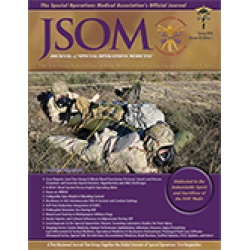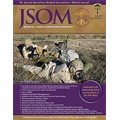Prehospital Medicine and the Future Will ECMO Ever Play a Role?
Macku D, Hedvicak P, Quinn JM, Bencko V 18(1). 133 - 138 (Journal Article)
Due to the hybrid warfare currently experienced by multiple NATO coalition and NATO partner nations, the tactical combat casualty care (TCCC) paradigm is greatly challenged. One of the major challenges to TCCC is the ad hoc extension phase in resource-poor environments, referred to as prolonged field care (PFC) and forward resuscitative care (FRC). The nuanced clinical skills with limited resources required by warfighters and auxiliary health care professionals to mitigate death on the battlefield and prevent morbidity and mortality in the PFC phase represent a balance that is still under review. The aim of our article is to describe the connection between extracorporeal membrane oxygenation (ECMO) or the extracorporeal life support (ECLS) treatment and its possible improvement in prehospital trauma care, at a Role 1 or 2 facility and, more provocatively, in the PFC phase of care in the future through innovative technology and how it connects with FRC. We report and describe here the primary components of ECMO/ECLS and present the main concept of a human extracorporeal circulation cocoon as a transitional living form for the cardiopulmonary stabilization of wounded combatants on the battlefield and their transportation to higher echelons of care and treatment facilities (to include damage control resuscitation [DCR] and damage control surgery [DCS]). As clinical governance, these matters would fall within the remit of the Committee on Surgical Combat Casualty Care (CoSCCC) and the Committee on Enroute Combat Casualty Care (CoERCCC), and it is within this framework that we propose this concept piece of ECMO in the prehospital space. We caution that this report is a proposed innovation to TCCC but also serves to push the envelope of the PFC and FRC paradigm. What we propose will not change the practice this year, but as ECMO technology progresses, it may change our practice within the next decade. We conclude with proposed novel future research to save life on the battlefield with ECMO as a major challenge and one worth the focus of further research. Medicine is controversial and constantly changing; for those who work in prehospital and battlefield medicine, change is the only constant on which we rely, and without provocative discussion that makes our systems and practice more robust, we will fail.


 Español
Español 